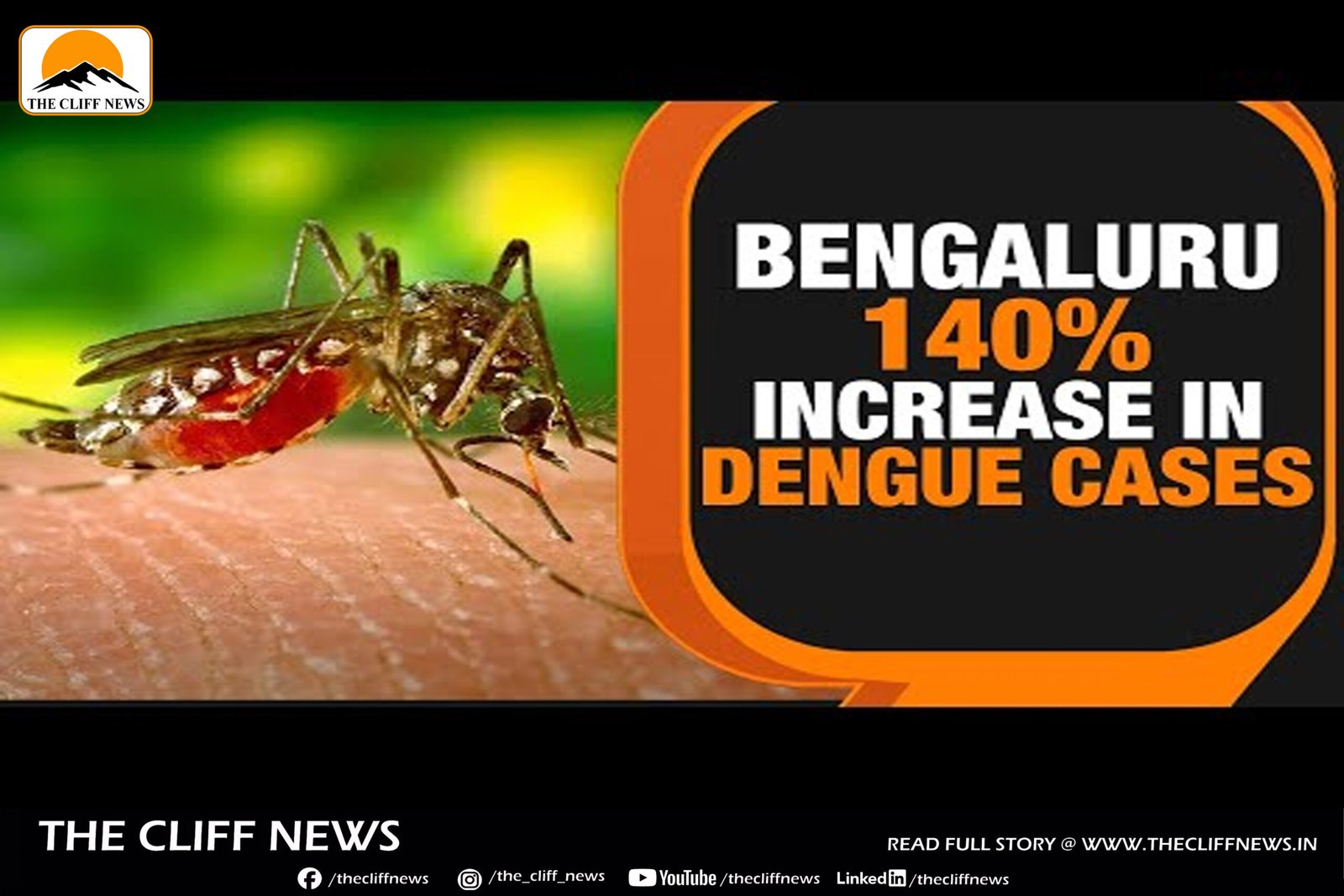As the monsoon rains intensify, Bengaluru is grappling with a significant rise in dengue infections. The Bruhat Bengaluru Mahanagara Palike (BBMP) reported 69 new cases in the past week, bringing July’s total to 442 and the city-wide tally for 2025 to 1,685.
BBMP Chief Commissioner Maheshwar Rao on Monday directed civic authorities to ramp up mosquito-control operations. Measures include targeted larvicide treatments, regular fogging, and pesticide spraying in identified high-risk zones. Rao also urged a robust public-awareness campaign and recommended installing ovitraps in homes to monitor and curtail Aedes mosquito populations.
Health experts warn that dengue typically surges between May and August, when stagnant rainwater in flower pots, discarded tires, and construction sites provides ideal breeding grounds for Aedes aegypti. A 2023 study in the Indian Journal of Medical Research attributed Bengaluru’s recurrent outbreaks to rapid urbanisation and inadequate waste management, mirroring a nationwide tally of 270,000 dengue cases reported by the National Vector Borne Disease Control Programme (NVBDCP) that year.
Early recognition and treatment are critical. Common dengue symptoms include sudden high fever, severe headache, eye pain, nausea, vomiting, joint and muscle aches, and rash. Severe dengue (hemorrhagic fever) can present with persistent abdominal pain, bleeding gums or vomit, and extreme fatigue—signs that demand immediate medical attention.
To curb breeding sites, the BBMP advises residents to:
- Eliminate stagnant water around properties
- Keep water storage containers tightly covered
- Refresh water in vases and birdbaths frequently
- Use mosquito repellents, nets, and wear long-sleeved clothing
Community engagement is equally vital. Research published in The Lancet Global Health shows that neighbourhood-led cleanliness drives and awareness initiatives can dramatically reduce dengue transmission, underscoring the need for collective action alongside government efforts.



